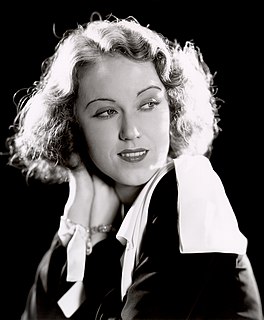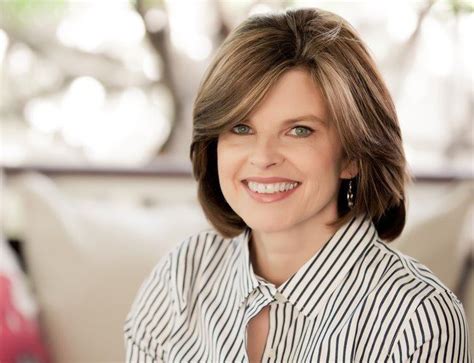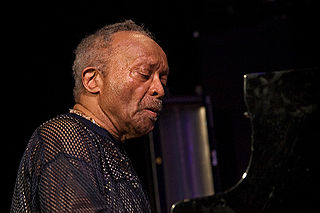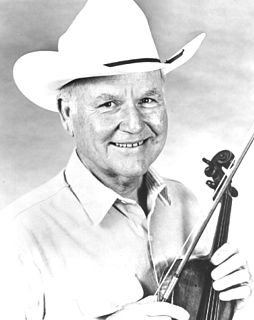A Quote by Fay Wray
My children didn't when they were little because I thought that they had to be of a certain age. I hoped they liked me well enough not to want to see me in that sort of a spot.
Related Quotes
I didn't see myself any different from my white counterparts in school. I just didn't! I thought I could do what they did. And what I didn't do well, I thought people were going to give me the opportunity to do well, because maybe they saw my talent, so they would give me a chance. I had no idea that they would see me completely different.
I was so in love with this boy in eighth grade. I really thought he was the one for me, and then he broke up with me because he said that I liked him more than he liked me, and I was living in N.Y. at the time, and I was on the subway just, like, truly heartbroken because when you're that age, you don't think you are ever going to recover.
Odd, she thought, how intensely you knew a person, or thought you did, when you were in love - soaked, drenched in love - only to discover later that perhaps you didn't know that person quite as well as you had imagined. Or weren't quite as well known as you had hoped to be. In the beginning, a lover drank in every word and gesture and then tried to hold on to that intensity for as long as possible. But inevitable, if two people were together long enough, that intensity had to wane.
I had people read it early on and, you know, well-meaning people said to me, you should take out the blogs. I didn't get much positive feedback. Only because most of these people were protective of me - it was sort of like a "tone it down, make it easier to swallow" kind of thing. And I just thought if I do that then it's not the book I want to write.
I had 50 pastors, ministers, I had priests, I had a couple of rabbis in a big conference room in one of my buildings. And we're talking and I could see they really liked me. But I could also see they couldn't endorse me. I said, "Just out of curiosity, why?""Well, we can't do it because we'll lose our tax-exempt status."
Mothers have not always had the most important role in their children's upbringing, when they had other economic roles to play. Inpast centuries, fathers were the key parent in the upbringing of the next generation, because moral training, not emotional sensitivity, was thought to be central to successful child-rearing. Mothers were thought to corrupt their little ones with too much affection and not enough stern training.
I began to understand that there were certain talkers - certain girls - whom people liked to listen to, not because of what they, the girls, had to say, but because of the delight they took in saying it. A delight in themselves, a shine on their faces, a conviction that whatever they were telling about was remarkable and that they themselves could not help but give pleasure. There might be other people - people like me - who didn't concede this, but that was their loss. And people like me would never be the audience these girls were after, anyway.
It concerns me when I see a small child watching the hero shoot the villain on television. It is teaching the small child to believe that shooting people is heroic. The hero just did it and it was effective. It was acceptable and the hero was well thought of afterward. If enough of us find inner peace to affect the institution of television, the little child will see the hero transform the villain and bring him to a good life. He'll see the hero do something significant to serve fellow human beings. So little children will get the idea that if you want to be a hero you must help people.
In the past, I think I was scared of showing myself. I thought people disliked me because I received so much hate when I was young. But as I grew older, I realized that there were people who disliked me and people who liked me. So I learned that there was no need for me to be so conscious of what others thought about me.
You liked me." I smiled. "You were smitten with me. You were speechless to behold my beauty. You had never met anyone so fascinating. You thought of me every waking minute. You dreamed about me. You couldn't stand it. You couldn't let such wonderfulness out of your sight. You had to follow me." I turned to Cinnamon. He licked my nose. "Don't give yourself so much credit. It was your rat I was after." She laughed, and the desert sang.



































